Many of the legendary health-giving properties of goji berries are today being confirmed in modern scientific studies, and this has led to the possibility of even more far-reaching benefits.
Both species of Goji are deciduous woody perennial plants, growing 1-3 m high. L. chinense is grown in the south of China and tends to be somewhat shorter.
In addition to being cultivated in China, Goji berries also grow on extensive vines in the sheltered valleys of the Himalayas in Tibet, and in Mongolia. The round, red Goji berries are very tender and must be shaken from the vine rather than picked in order to avoid spoiling.
The Goji fruits are preserved by slowly drying them in the shade. Goji has been eaten locally in the Himalayan and Tibetan regions for centuries and is celebrated in festivals. The Goji fruit is nicknamed the “happy berry” because of the sense of well being it is said to induce.
Goji berries and lycium bark play important roles in traditional Chinese medicine (TCM), where they are believed to enhance immune system function, help eyesight, protect the liver, boost sperm production, and improve circulation and longevity, among other effects. In TCM terms, Goji berries are sweet in taste and neutral in nature; they act on the liver, lung, and kidney channels and enrich yin. Goji berries can be eaten raw, brewed into a tea, or prepared as a tincture.
What are the nutritional properties of goji berries ?
The berries have the following properties: Yin tonic, improves vision, boost sperm production, benefits complexion, nourishes Liver and Kidney, replenishes vital essence (semen), powerful antioxidant, antimutagenic, and improves circulation, anti cancer properties.
One of the most well-known traditional properties of Goji berry fruit is its ability to improve vision. This has been documented for over fifteen centuries. Modern scientific studies have finally supplied some substantiation to this property. It turns out Goji fruit not only contains high amounts of b -carotene 8 mg/100g but this b -carotene is in a highly biologically active form which is readily utilized by the body.
Another well-known and long-documented traditional property of Goji fruit is its ability to “benefit complexion and maintain one’s beauty”; Goji is also considered to have anti-aging properties. To drug-oriented American scientists, this certainly sounds ridiculous. But various studies have shown Goji fruit to have numerous beneficial effects, including, antioxidant, immuno-potentiating, antimutagenic, hypoglycaemic, hypolipemic, hypotensive, etc., all of this contributes to the slowing down of the aging process or help us live longer.
The beautifying property of Goji fruit may have some scientific basis after all which may justify its use in skin-care cosmetics, as recent laboratory studies not only demonstrated its antioxidant effect but also its ability to increase dermal hydroxyproline level in mice, indicating increased collagen synthesis. All these effects are good for the skin.
Some medical researches prove that a sweet tonic decoction made from the Goji fruit has traditionally been used to lower blood pressure and blood cholesterol levels.
Goji acts mainly on the liver and kidneys. Goji fruit has traditionally been taken internally in the treatment of high blood pressure, diabetes, poor eyesight, vertigo, lumbago, impotence and menopausal complaints.
Goji fruit is harvested when fully ripe and is dried for later use. The Goji root bark is a bitter, cooling, antibacterial herb that controls coughs and lowers fevers, blood pressure and blood cholesterol levels. It is taken internally in the treatment of chronic fevers, internal haemorrhages, nosebleeds, tuberculosis, coughs, asthma etc. It is applied externally to treat genital itching. The bark is harvested in the winter and dried for later use. It has diuretic and purgative properties.
The plant has a long history of medicinal use, both as a general, energy restoring tonic and also to cure a wide range of ailments from skin rashes and eyesight problems to diabetes.
A tonic tea is made from the leaves. The fruit of many members of this genus is a very rich source of vitamins and minerals, especially in vitamins A, C and E, flavanoids and other bio-active compounds. Goji is also a good source of essential fatty acids, which is very unusual for a fruit.
Goji is being investigated as a food that is capable of reducing the incidence of cancer and also as a means of halting or reversing the growth of cancers.
Some of the benefits of goji berries are: inhibit tumor growth, prevent cancer, neutralize the side effects of chemotherapy and radiation, help normalize blood pressure, help balance blood sugar, combat autoimmune disease, act as an anti-inflammatory, balance immune function, lower cholesterol and blood lipids, increase calcium absorption.
The goji berries can be used in the cases of general weakness, lack of energy, aching back and joints, tinnitus, dizziness, diabetes, blurred vision, cough, wet dreams, sexual inadequacies. The internal benefits are the following – Toxic side effects of chemotherapy and radiotherapy. The external benefits are: – Burns, ulcers, bedsores, frostbite, furuncles.
Many sources note that the berry contains a full protein (as opposed to partial proteins as in bread).
Additionally, several other beneficial compounds are reported to have been discovered in the analysis by the Beijing Nutrition Research Institute:
– Selenium and Germanium: These are well-known anti-cancer agents.
– Beta Sitosterol: This anti-inflammatory agent has been found to lower cholesterol, and has been used to treat impotence and prostate enlargement.
– Zeaxanthin and Lutine: Have been known to protect the eyes.
– Betaine: Produces Choline in the liver, which helps detoxification processes there. It is also known to protect DNA, enhance memory, encourage muscle growth and protect against fatty liver disease.
– Cyperone: Used in treatment of cervical cancer. It is known to benefit blood pressure, heart and menstruation problems.
– Solavetivone: An anti-bacterial and anti-fungal agent.
– Physalin: A compound known to boost the immune system. Also found effective in treating leukemia, cancer and hepatitis B.
One of the most known and highly used products out of goji berries is goji juice. The natural juice flavoring system gives a consistently delicious flavor, and works with the product to enhance its already remarkable benefits.
In the naturally produced juice there is never any added sugar, artificial sweeteners, colors, or flavors.

Un avis consommateur, ou avis client, désigne un élément d’appréciations et commentaires donnés par les acheteurs sur un produit ou un service, que ce soit sur un critère particulier ou la globalité de l’offre. Ces opinions reflètent le niveau de satisfaction de la clientèle.
Vous pouvez consulter les avis clients du site du laboratoire Biologiquement en suivant ce lien : avis biologiquement.shop
C’est la note que nos clients nous donne actuellement. Merci pour votre confiance !

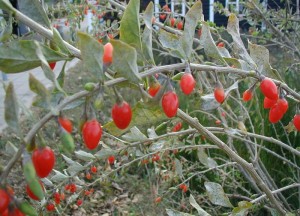
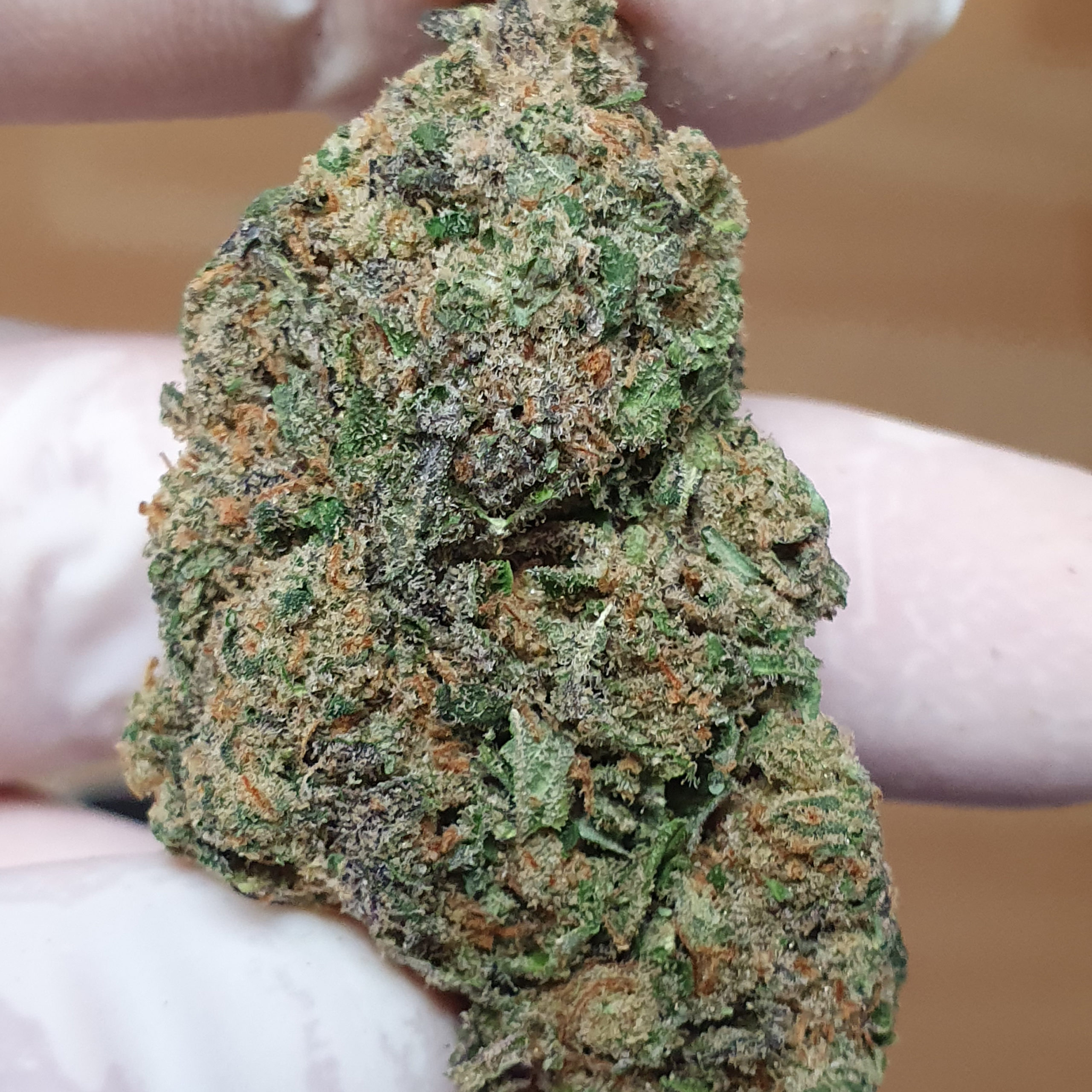
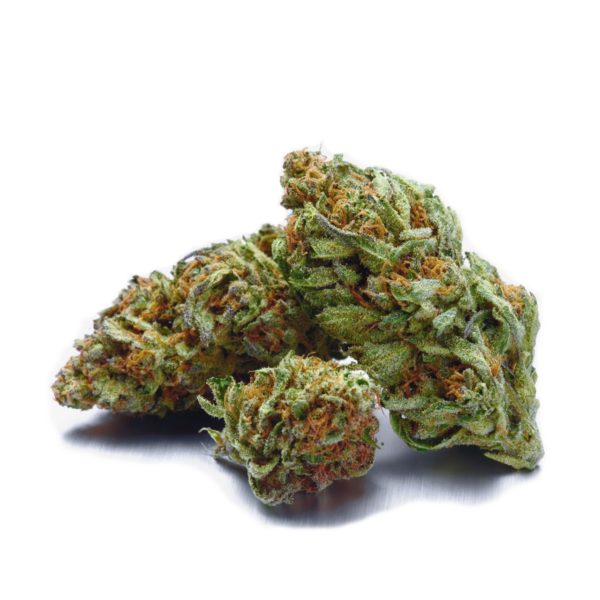
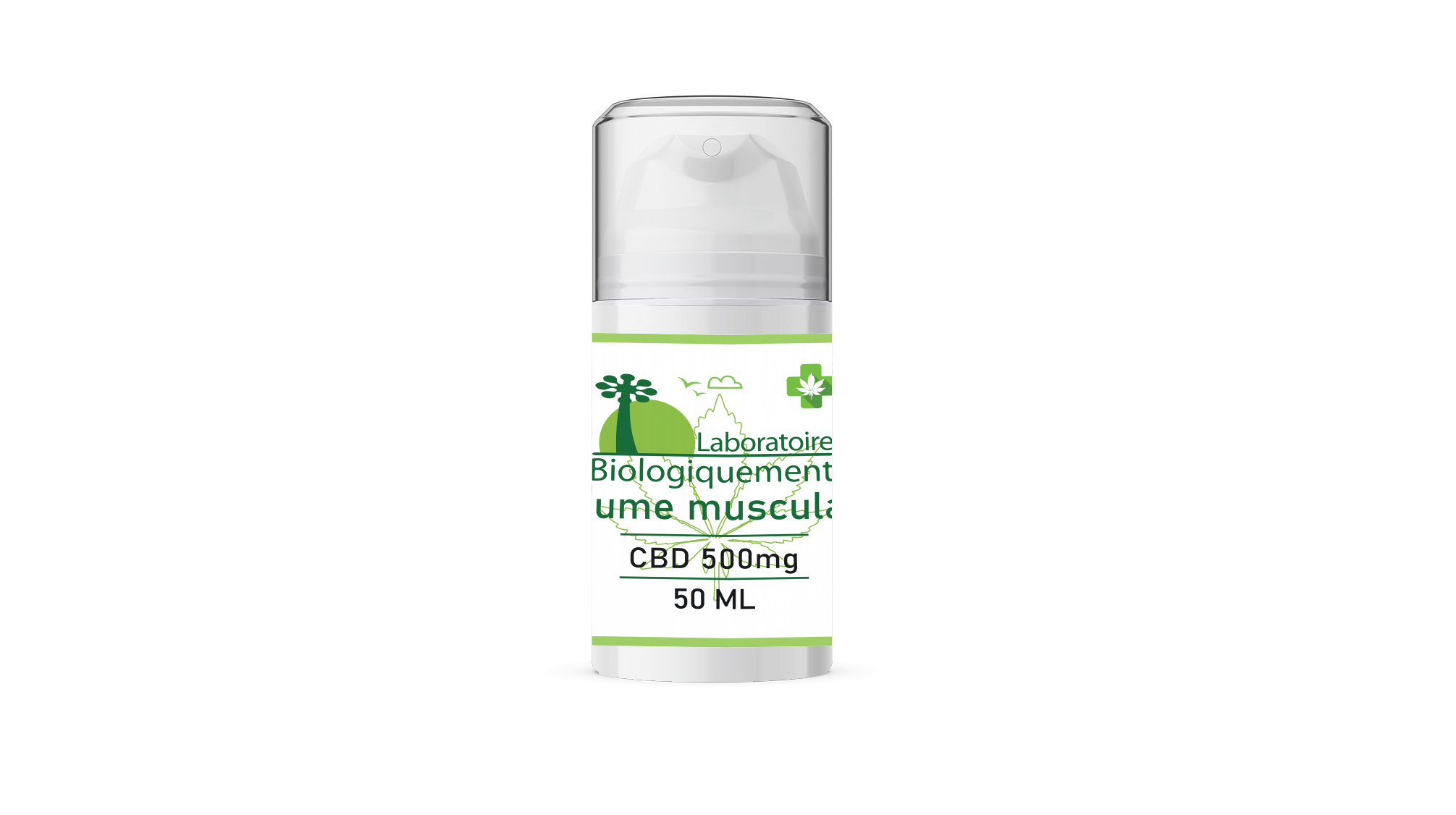
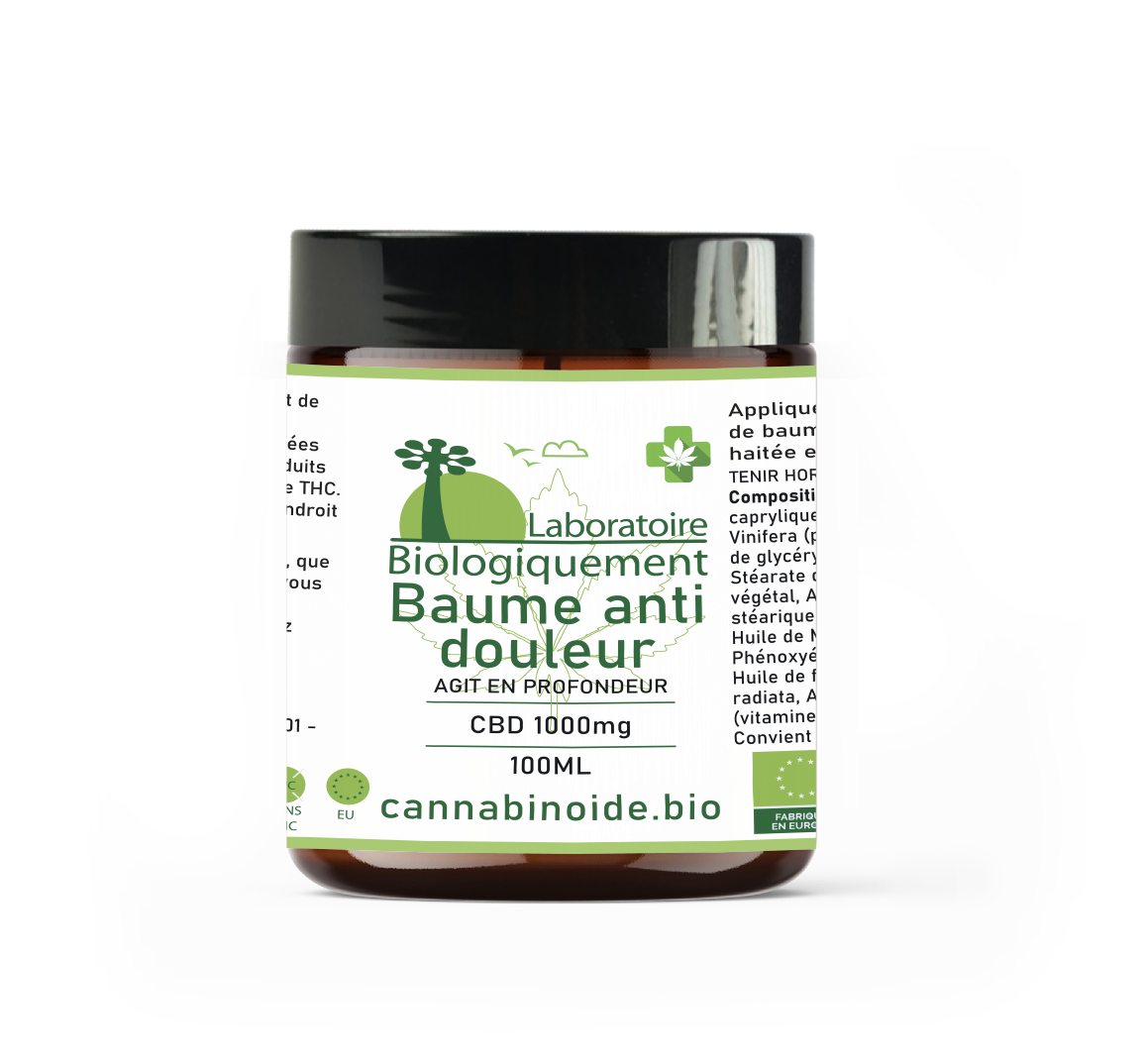
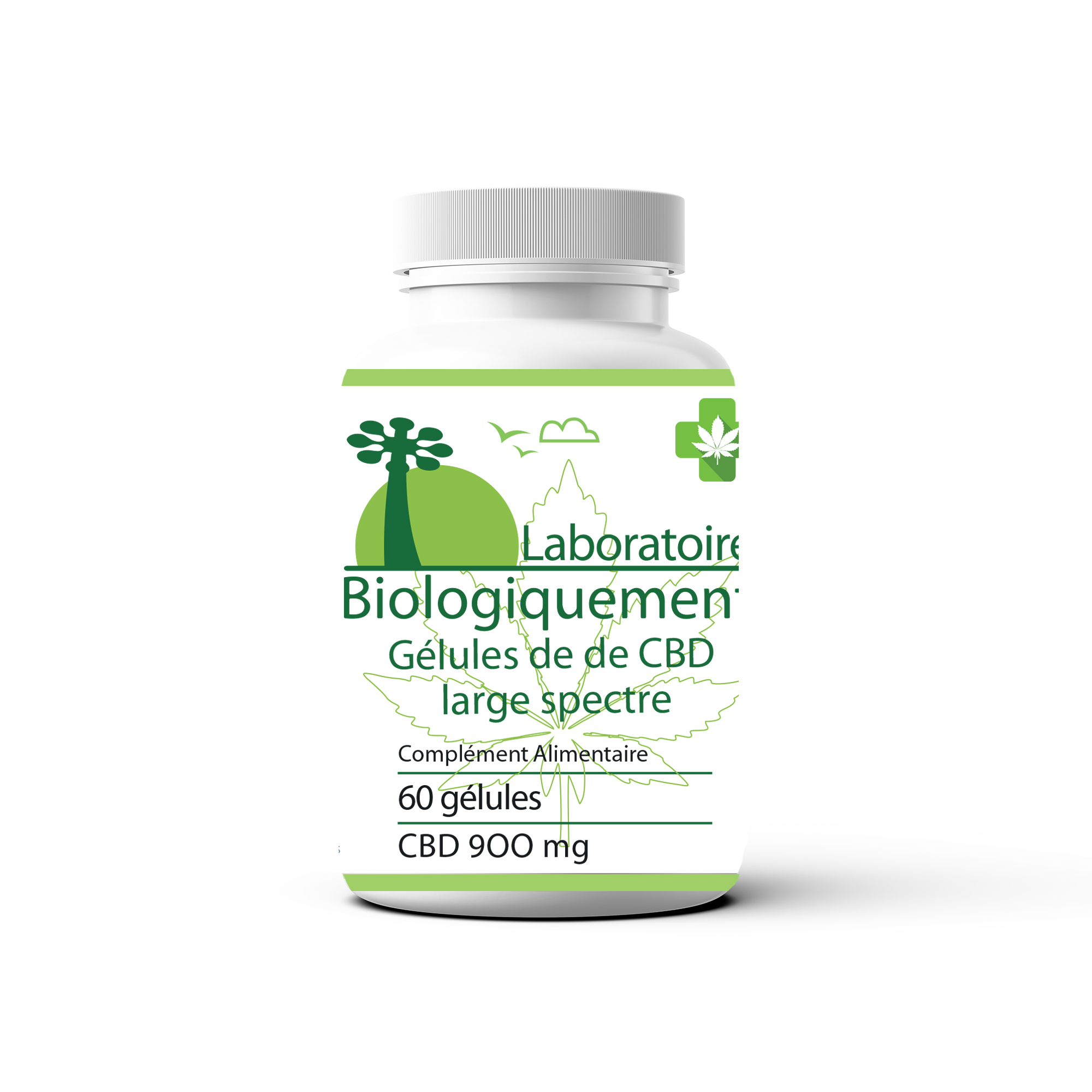
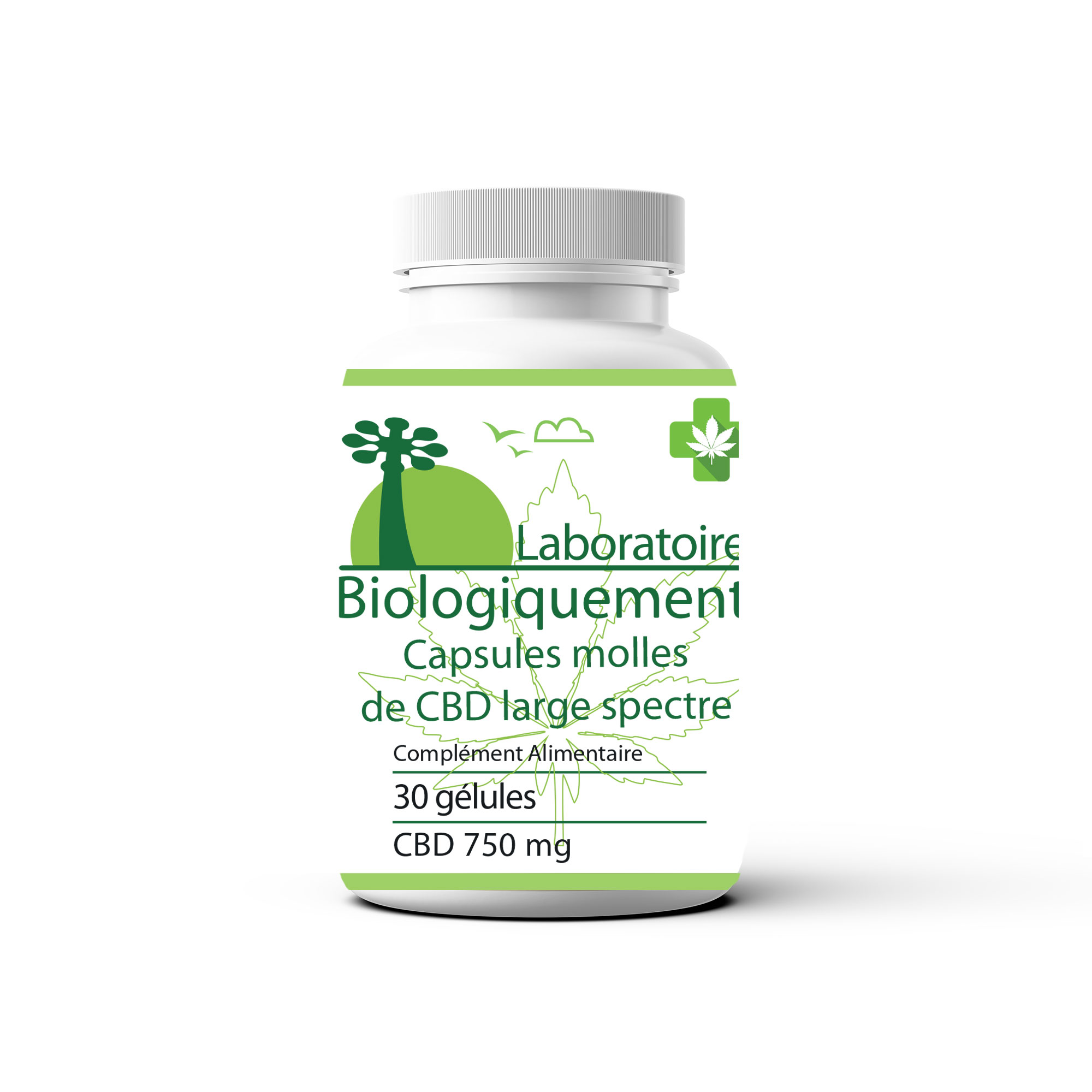
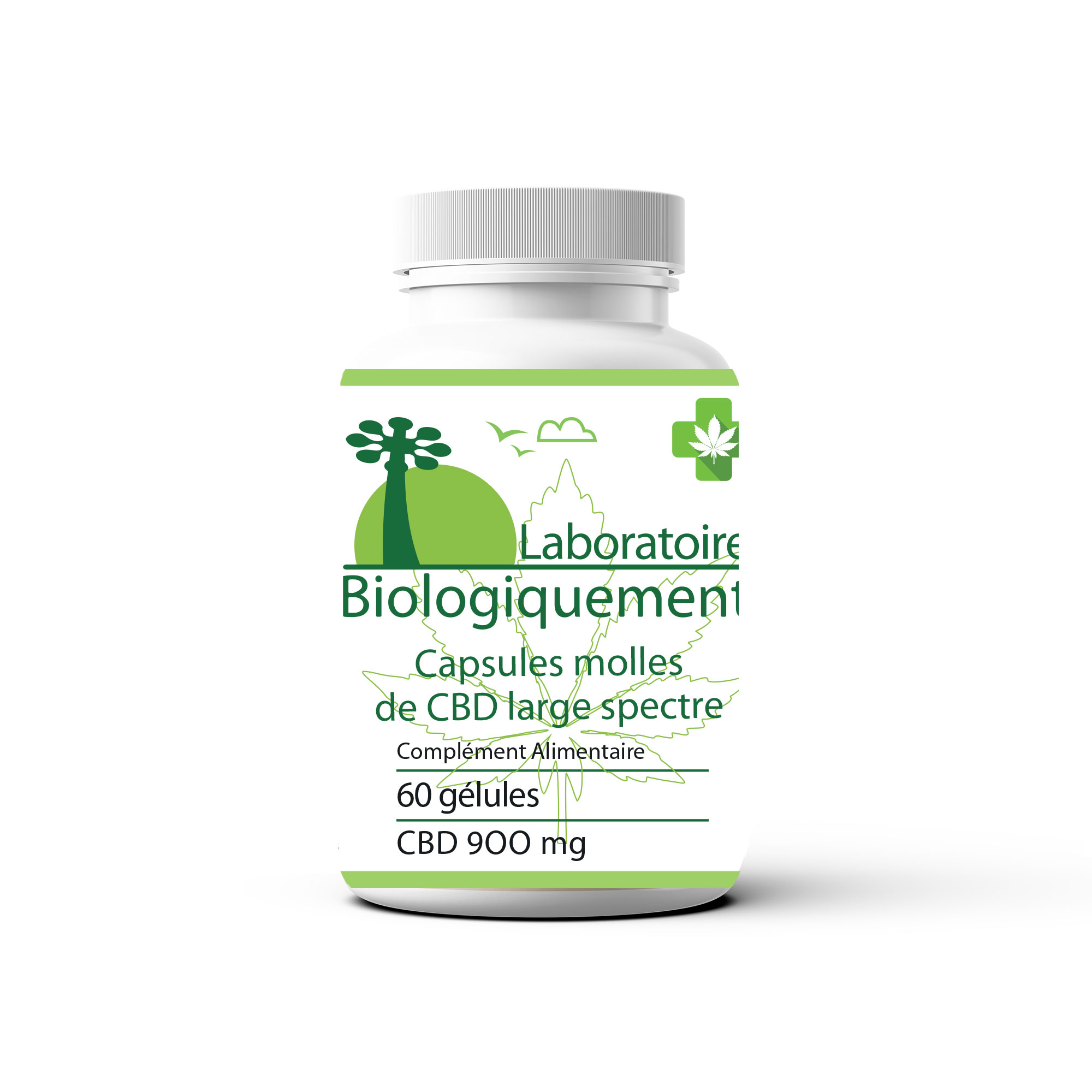
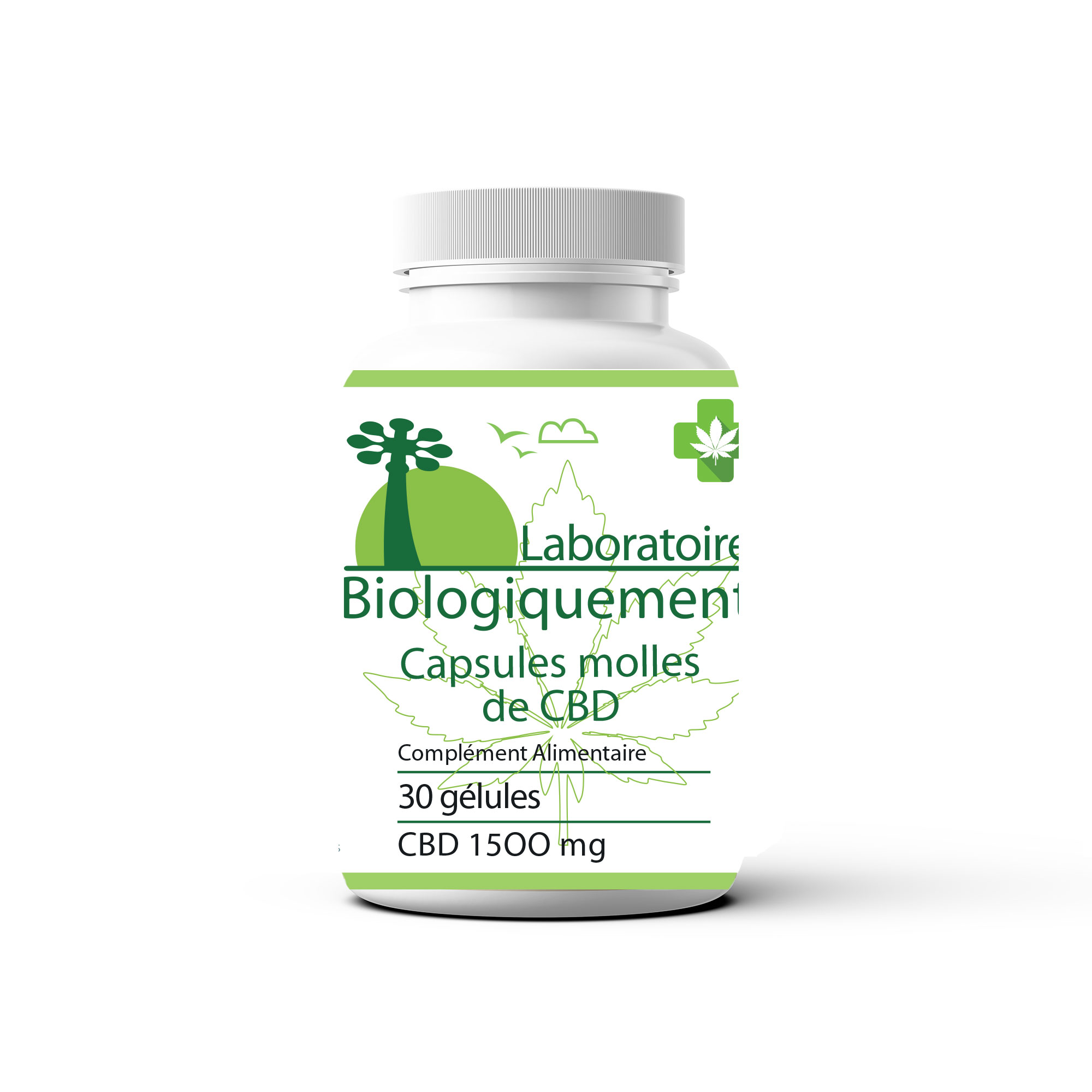
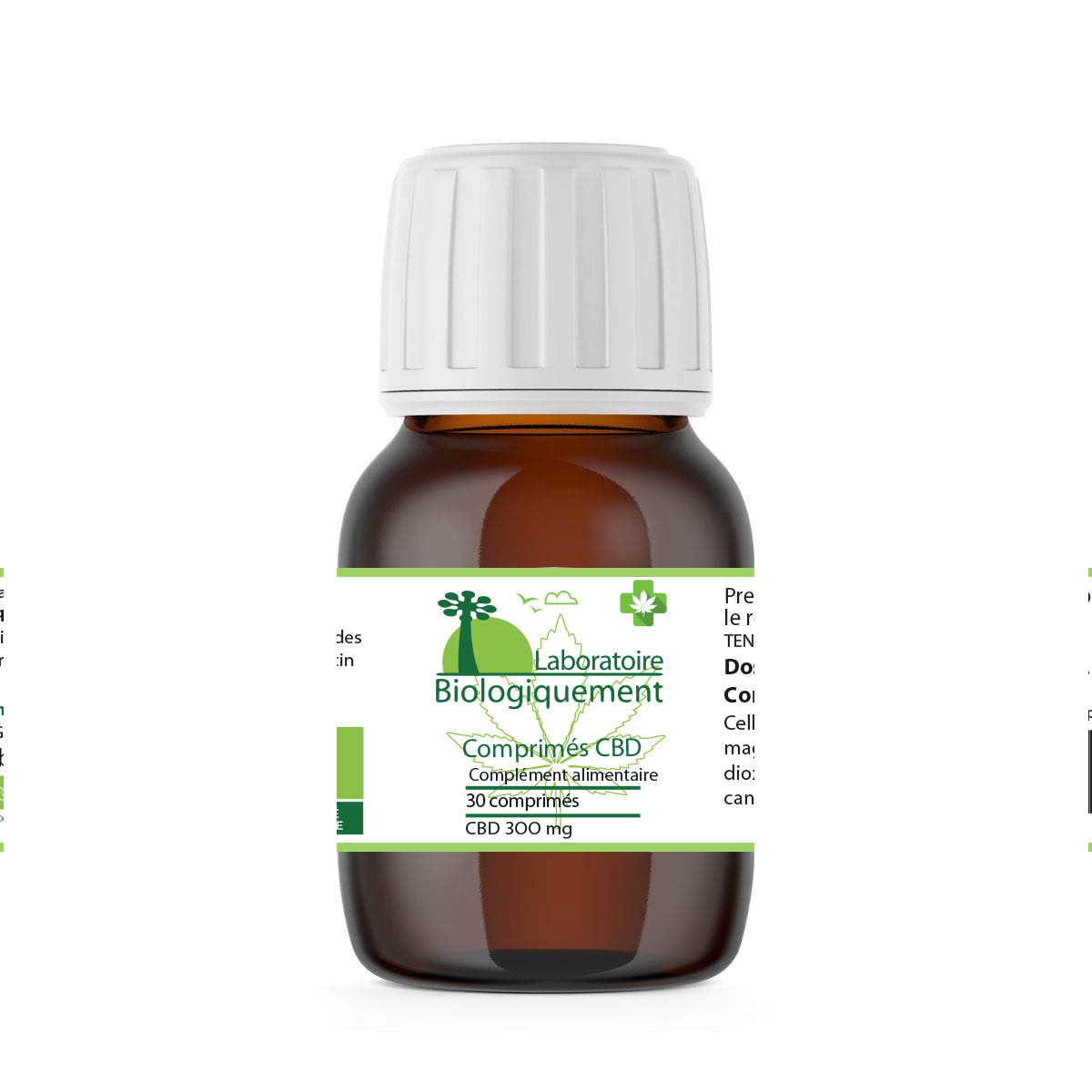
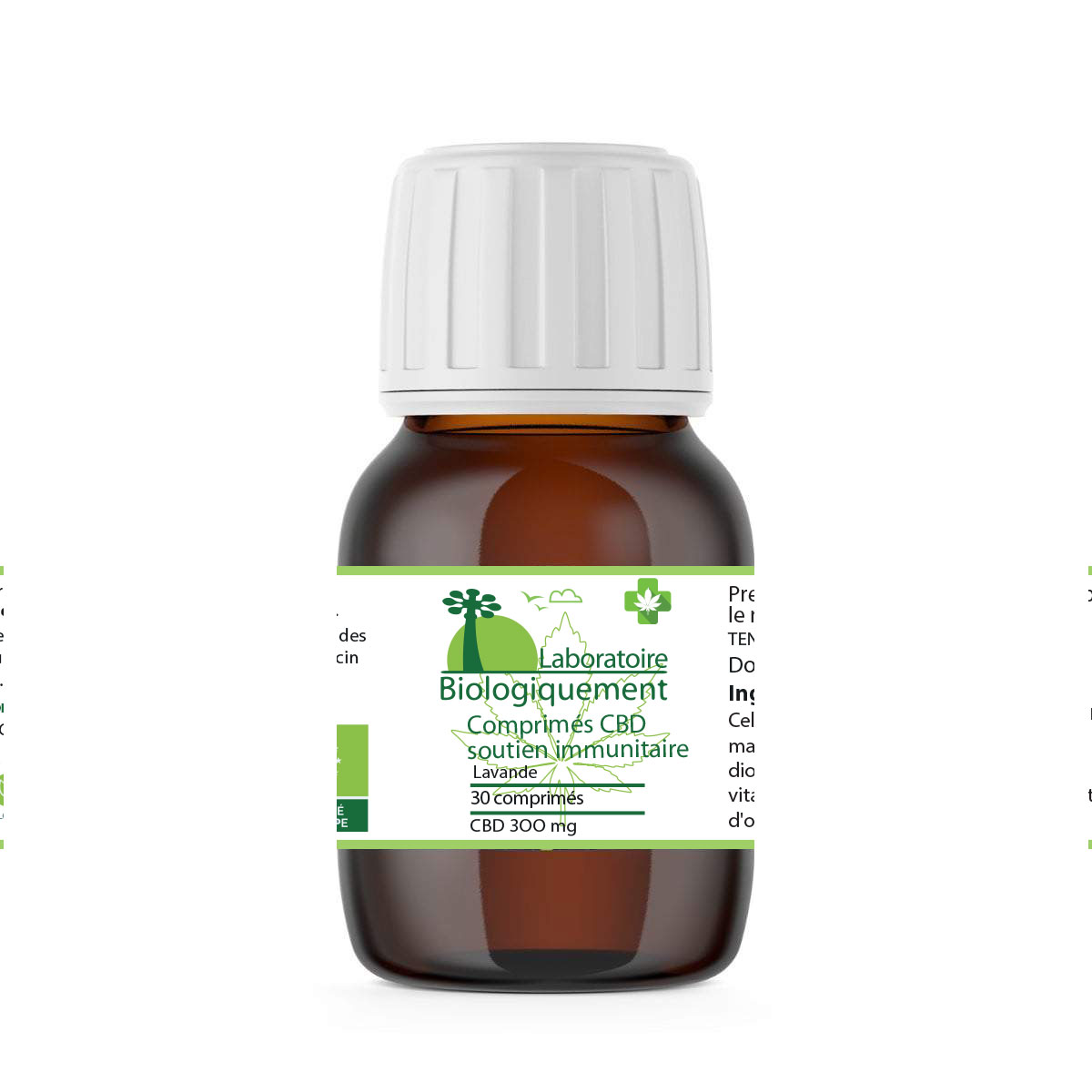
Hello,
Just started a New Years resolution of inceasing the strictness of my diet. Part of this strictness is documenting all the nutritional facts or amounts in miligrams, grams and micrograms. I have been researching for more nutritional information on Goji berries, example, how many mg of vitamin C does a Goji berry contain? Same thing with other vitamins and minerals plus how many carbs and calories for a serving of 5 tablespoons. If you do not have such information could you please direct me to a website that would have this information. Your help would be very much appreciated as this would solve such mysteries and improve documenting for my diet. Thank you!
Hi, here some details about the amount of Vitamin C in Goji Berries
The amount of vitamin C in goji berries can vary. According to published reports, it may be as little as 29 mg per 100 grams of berries to 148 mg per 100 grams of berries. This range is either 32 percent of the RDA on the low end of the scale to well over 100 percent of the RDA on the high end of the scale. There’s no way to tell if all dried goji berries has an abundance of vitamin C or a dearth of it. That’s why it’s important to eat a wide variety of foods to get plenty of vitamin C in the diet.
best regards
David Biologiquement.com